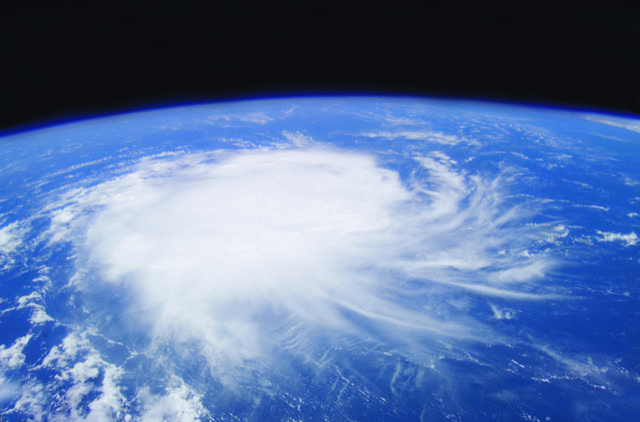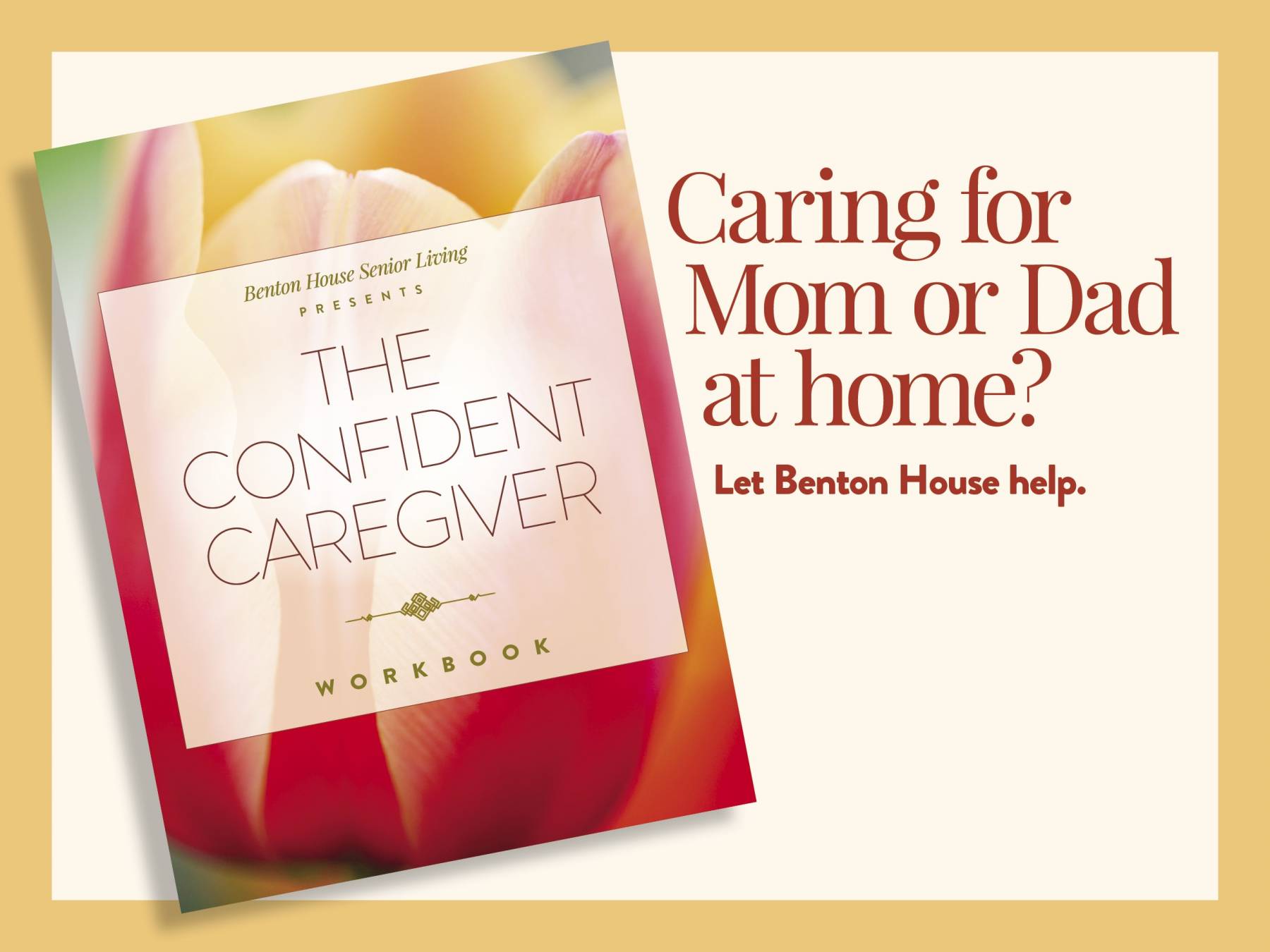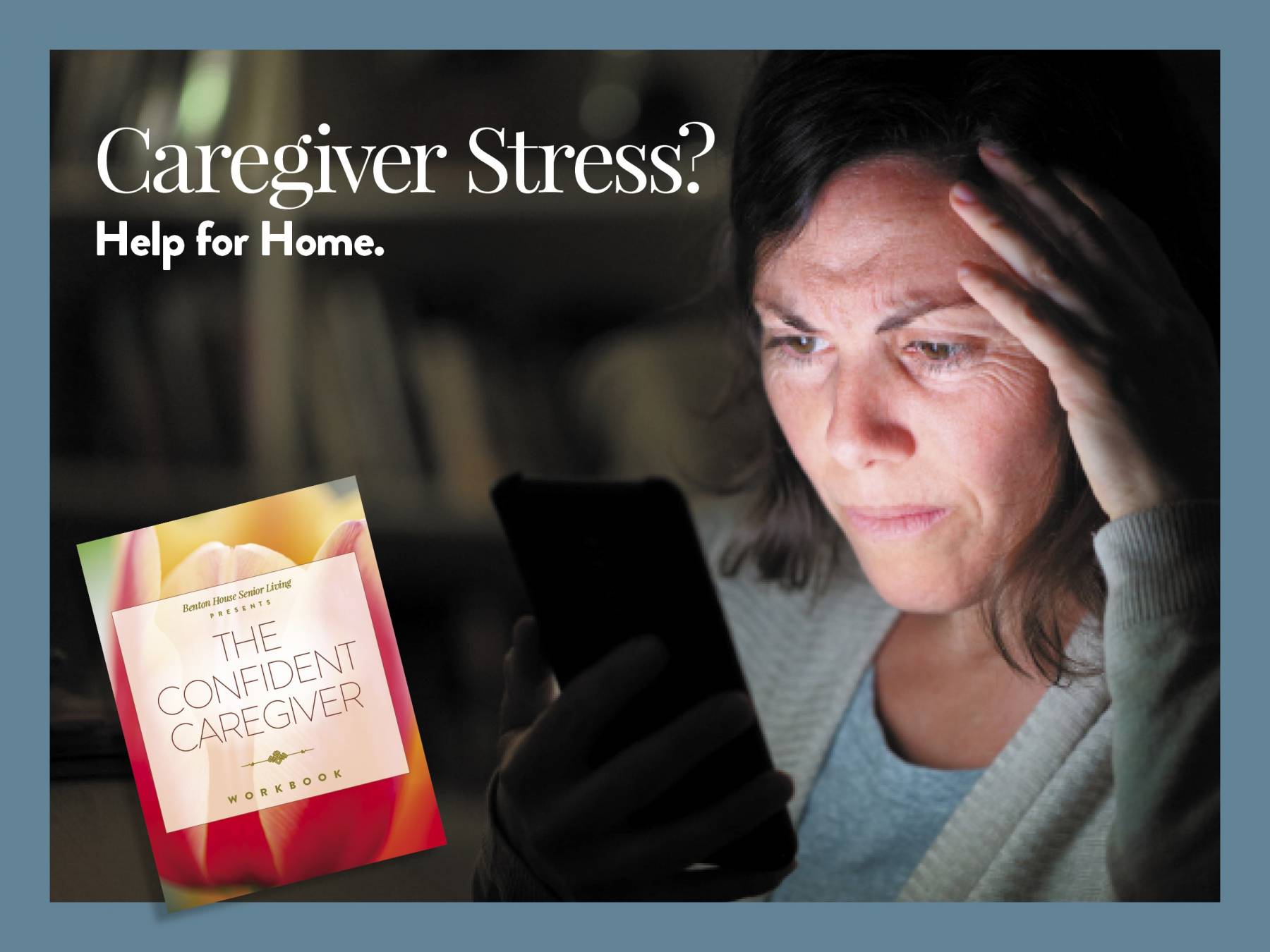If you’re a caregiver for a senior loved one, particularly one who lives alone, supporting them with disaster preparedness is undoubtedly a priority.
But not all disasters require the same type of preparedness. Let’s take a look at hurricane prep for seniors.
Hurricane Stats for the United States
What exactly are hurricanes, and how common are they?
Hurricanes are huge, swirling storms that occur along coastlines in the United States and can spread as far as 100 miles inland. Dangers include storm surges, torrential rain, and high, destructive winds.
An average of 12 tropical storms (6 of which become hurricanes) form over the Atlantic Ocean, Caribbean Sea, or Gulf of Mexico during hurricane season — which runs from June 1st to November 30th each year. Over a typical two-year period, the U.S. coastline is struck by an average of 3 hurricanes.
Seniors Are Especially Vulnerable To Hurricanes
It’s important for anyone living in the coastal U.S. to consider hurricane preparedness, but seniors face particular challenges. A big one: isolation. Did you know older people in the U.S. are more likely to live alone than anywhere else in the world?
Isolation presents many challenges for seniors, and disaster preparedness is one of them. Not having the safety and comfort of live-in family, housemates, or an assisted living community can often mean not having easily accessible help when it comes to preparing for a hurricane. And who among us wants to prepare, hunker down, or evacuate our homes without support?
When you also consider the higher likelihood of both limited mobility and specific medical needs, you can easily see why seniors face more storm-related challenges than many of us.
That’s where you can help. Here are some ways you can support your elderly loved one in lowering their risk and feeling safer by preparing for hurricanes before they happen.
Senior Hurricane Preparedness: 5 Ways To Offer Support
#1 Help develop a contact list
Maybe you live in the same town as your senior loved one, or perhaps you live in another state. Either way, we recommend working together to gather contact information for a local support network.
Consider neighbors, friends, and other family members who live nearby and are willing to help in case of emergency. Your loved one may have limited mobility and would need physical help evacuating—or they may simply need a friendly face to lend a hand boarding up windows.
Make sure the contacts are in their smartphone as well as yours, and you designate a spot to keep the list physically as well.
We recommend including where to learn the latest hurricane news in this contact list as well. Good resources include the national weather service, their local government office, and local radio and tv news stations.
#2 Gather their medical info
Older adults are vulnerable to medication errors to begin with. When you factor in the potential chaos of evacuating for a hurricane—or at the very least, upsetting their routine with storm preparation—you can understand why helping them keep their medical information organized helps keep them safe.
Consider a simple medication chart template for a streamlined organization system they can easily take with them if necessary.
In the case of chronic conditions, disabilities, or allergies, medical alert jewelry is useful, too: it helps first responders know how to treat your loved one, even if they can’t speak for themselves.
#3 Make a Plan to Secure their Home
Proactive landscaping and home maintenance goes a long way in reducing hurricane damage to your senior loved one’s property. From keeping trees trimmed to installing storm shutters, it’s a good idea to stay ahead of hurricane prep well ahead of the season. Find a complete list of how to prepare a property on FEMA’s website.
#4 Build an evacuation kit
In case your loved one ends up needing to leave home for a nearby shelter, or evacuate their area entirely, having a prepared emergency kit will help them stay safe and healthy.
Besides their contact and medical info and devices, the kit should also include a disaster supply kit with water, non-perishables, flashlights, and anything else necessary to survive for a few days. Get a complete list from here.
Another consideration: cash, including small bills and coins.
#5 Help them plan refuge at home
If it turns out that they’re recommended to shelter in place, help your loved one make a plan of action for what to do at home in case of high winds. The best space is usually a small room, or even a closet or hallway on the lowest floor. The basic rule of thumb: get as many walls between you and the outdoors as possible, staying away from windows and glass doors.
Next Steps: Hurricane Prep for Seniors
If your loved one lives alone in an area with a hurricane season, you want to help them prepare as best you can. Hurricanes and strong storms can be scary, but taking the steps to prepare ahead of time can soothe anxieties, reduce property damage, and save lives.
Any questions about how to keep your loved one safe in the event of a hurricane? Please reach out by calling us at 855-461-2552 or send us a message, anytime. We’re here to help.



